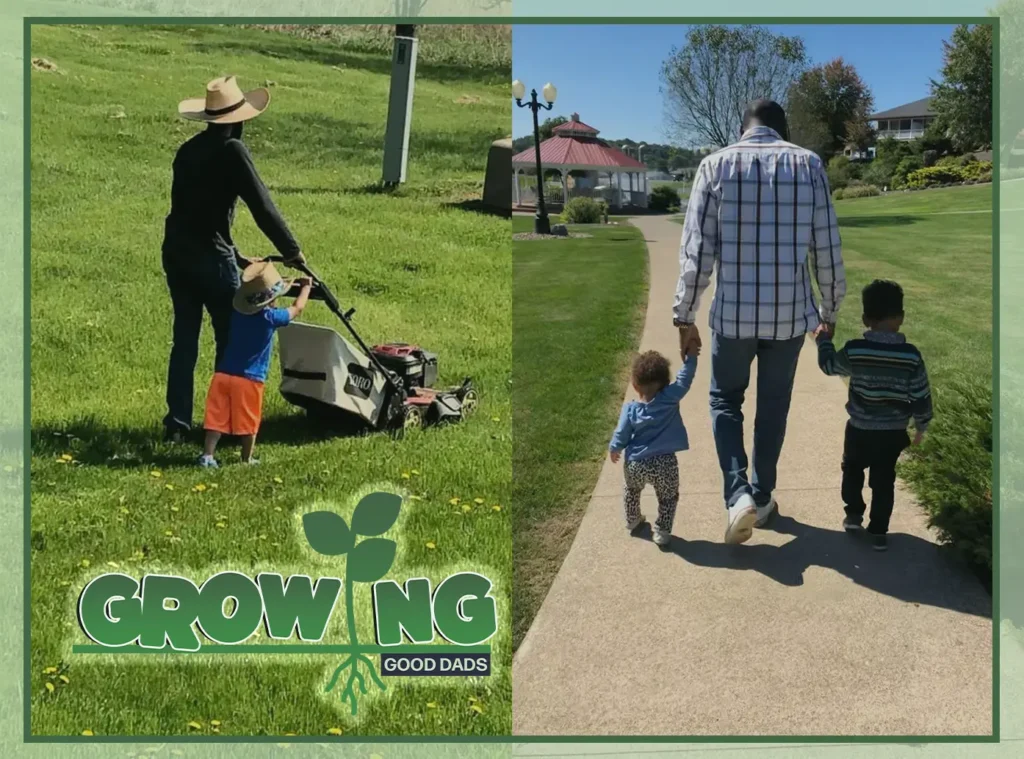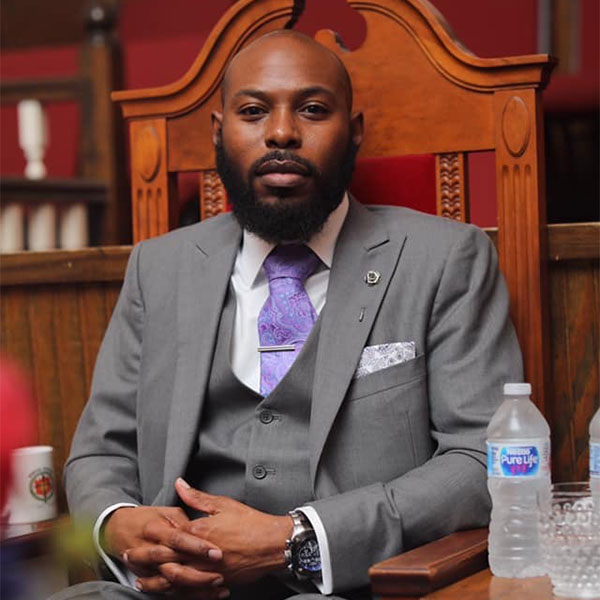Babies change and develop at a rapid rate during their first year of life. From blank stares to feeble steps, the first year is packed with experiences to be cherished and opportunities for positive attachment.
Many employers are getting on board with providing paternity leave for new fathers, too. This development has been propelled by timely research that gives credence to the importance of fathers in the early stages of a child’s development.
I can recall seeing both my children take their first breaths as well as leave us with their first diapers full of “black lava.” In our hospital the doctor had golden scissors I was able to use to cut their umbilical cords, enhancing the importance of the moment and adding sentiment to my role as a father.
Dad’s Impact in Baby’s First Year of Life
Reduced Anxiety for Mom: Even in the first minutes and hours of life, Dad plays an important role for both Baby and Mother. Research published by the National Center on Early Childhood Development, Teaching, and Learning (ZERO TO THREE) reported that moms expressed reduced anxiety and pain if the father was present in the delivery room. And this being only the beginning of the whirlwind of developmental milestones to come.
In a 2021 article, the CDC specifies that babies learn how to interact with their parents and with others during the first year of development. According to ZERO TO THREE a father’s presence and involvement during this time promotes trust and alleviates debilitating anxieties of abandonment that can occur during this formative year.
Social skills and development: David Blankenhorn’s research from his book “The Fatherhood Movement” has shown that children who’ve had active paternal participation in their care in the first year of life, including feeding, develop faster than those without fatherly involvement, independent of the mother’s activity. When the father has been involved in the first year, the children are also more socially adept and continue to become more social into early childhood.
Emotional development: During the first year of development, babies are observing behaviors and mannerisms that they’ll emulate during adolescence, which makes this time critical for emotional development. Children with active fathers during this timeframe are less likely to develop depression and can handle the various stresses of life, signified by less trouble in public and at home.
Academic Performance: ZERO TO THREE also found that children with involved fathers during the first year of life develop higher I.Q.s and perform better in math and reading during their adolescence.
Father’s play and engagement was also found to help instill healthy risk-taking and aggression regulation, fostering positive self-esteem and a greater sense of belonging and identity.
While I can’t overstate the importance of the father’s involvement during the developmental stages of a child’s life, I also don’t want to assume fathers know and understand they have a role during these formative months of their child’s life. So, what’s a dad to do? Especially during the early months of eat, sleep, poop, repeat! I’m glad you’ve asked. Let’s look at the four stages of baby development from zero to 12 months and offer some tips fathers can do to help baby and mom during each phase.

What Dads Can Do
Ages 1-3 Months
In a 2019 article Healthline states that the child progresses from a “dependent newborn to a more independent baby,” marked by identifying familiar sounds and voices, developing reflexes, trying to follow movement with their eyes, griping and grabbing objects, and trying to imitate facial expressions.
Dad can: cuddle, give baths, change diapers, try their hand at soothing, burping, read to baby, and sing and play music for the baby.
One of my favorite activities was to burp my child and let them fall asleep on my chest. I also enjoyed putting lotion on them after bath—this became dad’s specialty even noted by mom.
Ages 4-6 Months
This stage is referred to as the “perfecting stage” because the baby is solidifying developmental milestones from the previous stage and adding language development.
Dad can: play and start soft tumbling with the baby, answer sounds and babble with real words, give loving affirmations and take the baby to various places around the house.
We purchased a pumpkin seat for our baby at this stage, and I would pack them around the house from place to place and they would observe and watch as I went through the day.
Ages 7-9 Months
This is the gateway to mobility. Babies will respond to facial expressions, recognize words, crawl, drool/teeth, stand without support.
Dad can: play games like peekaboo and patty-cake, take Baby outside for monitored exploration, and feed baby soft foods agreed upon with mom of course.
We had a baby sling that I would place our child in and go on walks and hikes, exposing them to a sense of adventure in nature. To this day our children still love the outdoors.
Ages 10-12 Months
The baby goes from infant to toddler, while progressing on the developmental milestones, mobility and imitation is the name of the game.
Dad can: model healthy relationships with Mom and Baby, influence sentence structures by talking with the baby, and help associate objects with correct use.
Finally, the CDC recommends taking care of yourself as a father, because a healthy and happy father will in turn be a loving father. If you need aid in your care or the care of your child, feel free to reach out to Good Dads.
About the Author
D’Markus Thomas-Brown is the Good Dads Regional Director in Columbia, MO. D’Markus has a strong passion for community enrichment and reinvestment, especially for families. He is a Chaplain for the Columbia Police Department (CPD) and is credentialed by the International Conference of Police Chaplains (ICPC). He serves on the University of Missouri School of Medicine Echo hub team and is a board member of the Missouri Credentialing Board (MCB). He graduated from Columbia College with his master’s in business administration. He is an ordained minister who also serves as the Founding and Lead Pastor of Convergence Church. For question or comment, D’Markus can be reached at [email protected]





